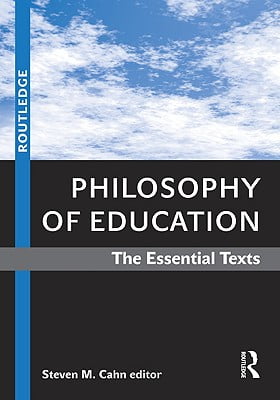Learning is the process of acquiring any information that modifies a person’s behavior, values and knowledge base. This thesis, from Plato to Kant and German idealism (Fichte, Schelling, Hegel) seems the main scientific trend up to today (BARON & STERNBERG, 1987a; BARON & STERNBERG, 1987b; ENNIS, 1987; QUELLMALZ, 1987; SMITH, 1987), in spite of contrasting voices, like Rousseau, against any guidance in philosophical education: the tradition of philosophical schools seems to deny these assumptions, at least “in actu exercito”.
The general goal of the Doctor of Philosophy program in Educational Studies at the University of Prince Edward Island is to examine education at an advanced level from a variety of perspectives, including, but not limited to, the investigation of theoretical and practical aspects of policy, curricula, teaching and teacher education, administration, and professionalism.
Social Order had been ruling the societies up to now, a consequence of the pro supply economies based on scarce resources under low productivity and international aggression Social Order’s philosophy was therefore to limit the individual competition for socio-economic success to limited number of individuals who controlled big businesses and majority share of the national wealth; an approach quite beneficiary in such an environment.
I have come to fully realize that successful teaching is not possible without it. I also know that techniques that might have been effectual with one group of students may not necessarily work for another, and if this is so I must adjust accordingly.
This course is a practical approach to philosophy & education by drawing on philosophical methods of inquiry to address questions regarding education, as both formal educational provisions and teaching practices, and as learning which comes from social experience.
